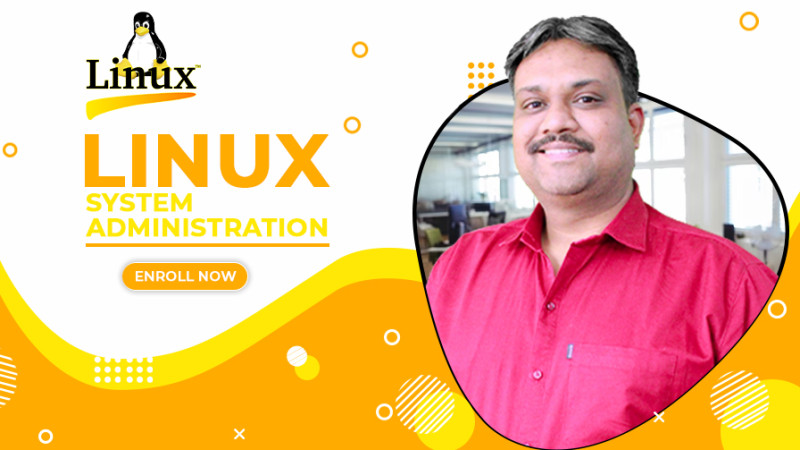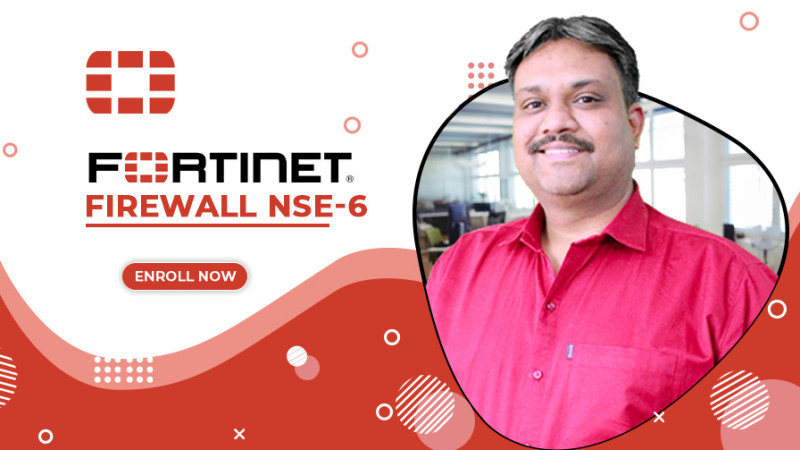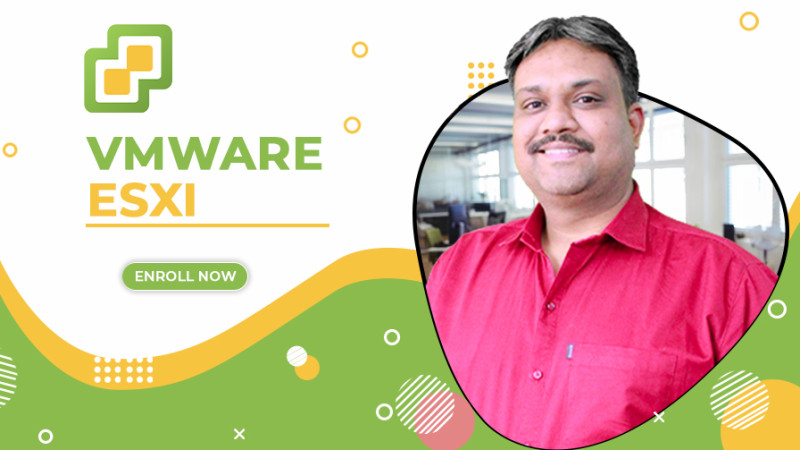Course Curriculum
Understanding Linux Concepts
What is Linux?
Everyday use of Linux
Unix vs. Linux
Quiz, Homework, and Handouts
Download, Install, and Configure
What is Oracle Virtual Box?
Downloading and Installing Oracle Virtual Box
Creating virtual machine
Linux Distributions
Different ways to install Linux
Downloading and Installing Linux (CentOS)
Redhat Linux installation (Optional)
Linux Desktop (GUI)
Virtual Machine Management
Linux vs. Windows
Who Uses Linux?
Quiz, Homework, and Handouts
System Access and File System
Accessing Linux system
Download and install Putty
New Network Commands (ifconfig and IP)
Connect Linux VM via Putty
Important Things to Remember in Linux
Introduction to File System
File system structure description
File system navigation commands
File System Paths
Directory listing overview
Creating Files and Directories
Linux File Types
Finding Files and Directories (find, locate)
Difference between find and locate command
Changing Password
Wildcard (*, $, ^)
Soft and Hard Links (ln)
How to open image file through GUI
Quiz, Homework, and Handouts
Linux Fundamentals
Commands Syntax
File Permissions (chmod)
File Ownership (chown, chgrp)
Getting Help (man, what is, etc.)
TAB completion and up arrow keys
Adding text to the file
Standard output to a file (tee command)
Pipes ( | )
File Maintenance Commands
File Display Commands
Filters / Text Processing Commands (cut, sort, grep, awk, uniq, wc)
Compare Files (diff, cmp)
Compress and un-compress files/directories (tar, gzip, gunzip)
Truncate file size (truncate)
Combining and Splitting Files (cat and split)
Linux vs. Windows Commands
Quiz, Homework, and Handouts
Linux System Administration
Linux File Editors (vi text editor)
“sed” command
User account management
Switch users and Sudo access
Monitor users
Talking to users (users, wall, write)
Linux Directory Service - Account Authentication
System utility commands (date, uptime, hostname, which, cal, bc, etc.)
Processes and schedules (systemctl, ps, top, kill, crontab and at)
System Monitoring Commands (top, df, dmesg, iostat 1, netstat, free etc.)
OS Maintenance Commands (shutdown, reboot, halt, init, etc.)
System logs monitor (/var/log)
Changing System Hostname (hostnamectl)
Finding System Information (uname, cat /etc/redhat-release, cat /etc/*rel*, dmidecode)
System Architecture (arch)
Terminal control keys
Terminal Commands (clear, exit, script)
Recover root Password (single user mode)
SOS Report
Environment variables
Quiz, Homework, and Handouts
Shell Scripting
Linux Kernel
What is a Shell?
Types of Shells
Shell scripting
Basic Shell scripts
If-then scripts
For loop scripts
Do-while scripts
Case statement scripts
Aliase
Command history
Networking, Servers and System Updates
Enabling Internet in Linux VM
Network Components
Network files and commands (ping, ifconfig, netstat, tcpdump, networking config files)
NIC Information (ethtool) NIC or port bonding
Download files with URLs (wget)
curl and ping commands
File transfer commands (ftp, scp, etc.)
System updates and repositories (rpm and yum)
System Upgrade/Patch Management
Create a Local Repository from CD/DVD
Advance Package Management
Rollback Patches and Updates
SSH and Telnet
DNS
Hostname and IP Lookup (nslookup and dig)
NTP
chronyd
Sendmail
Apache Web Server (HTTP)
Central Logger (rsyslogd)
Securing Linux Machine (OS Hardening)
OpenLDAP Installation
Tracing Network Traffic (traceroute)
Quiz, Homework, and Handouts
Disk Management and Run Levels
System run levels
Linux Boot Process
Message of the Day
Customize Message of the Day
Storage
Disk partition (df, fdisk, etc.)
Add Disk and Create Standard Partition
Logical Volume Management (LVM)
LVM Configuration during Installation
Add Disk and Create LVM Partition
Extend disk using LVM
Adding swap space
RAID
File System Check (fsck and xfs_repair)
System Backup (dd Command)
Network File System (NFS)
Difference Between CentOS/Redhat 5, 6 and 7
Quiz, Homework, and Handouts
All About Resume
Resume workshop
Cover Letter
Linux job description or duties
Exposure to other technologies
Homework and Handouts
All About Interview
What is IT?
IT Components
Facts about IT
Linux around us
Linux Operating System Jobs
IT Management Jobs
Post your resume and what to expect
Interview workshop
Redhat certifications
Join Linux community
200+ interview questions
Homework and handouts


















